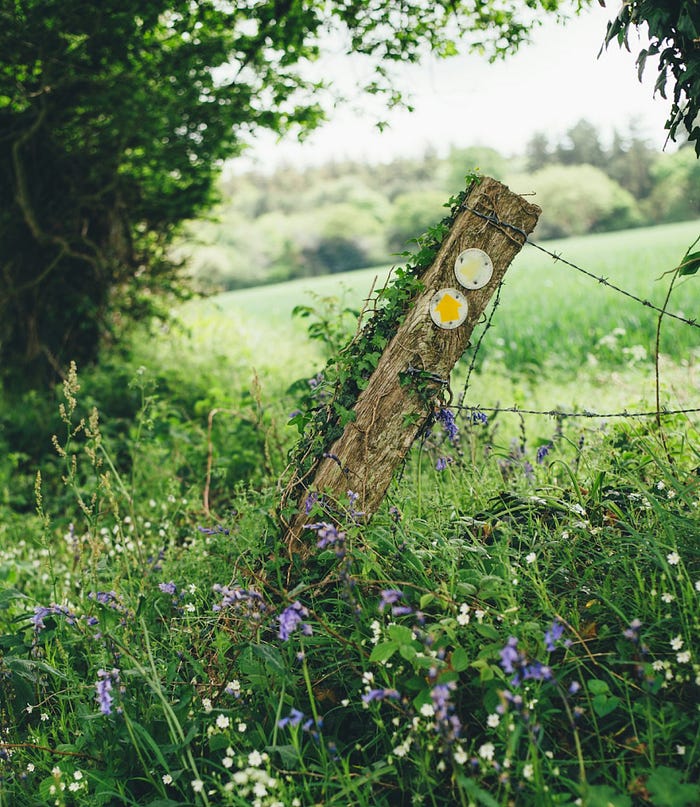The Hidden Dangers of Playground Chemicals: A Cautionary Tale
Written on
The Journey of a Weed Scientist
At a recent scientific conference, I listened to a speaker share his journey into weed science. Growing up on a farm, he and his sister were tasked with pulling weeds every morning by their father. This chore was something he despised. As a child of around six or seven, he would comply but always sought ways to escape the task, often claiming he was thirsty as a pretext to dawdle back to the house.
One day, he found himself hiding under the bed to avoid the work. As he remained hidden, he heard his father calling for him and later, neighbors searching for him. By midday, hunger drove him to the kitchen, where he froze upon spotting a neighbor sitting there. Thankfully, the neighbor was warm and welcoming, preventing his father from reprimanding him. This experience left a lasting impression, igniting a curiosity about more effective weed management techniques.
The Science Behind Herbicides
Nowadays, the primary method for weed control involves chemical herbicides. These substances work by blocking the plant's ability to capture light for photosynthesis, essentially depriving the weed of life. However, the implications of these chemicals on human health are a growing concern.
As a chemist specializing in forensic analysis, I've long been aware of the potential hazards posed by such chemicals, especially in environments like playgrounds. I often joke about my experiences with dangerous substances, but the risks associated with herbicides are no laughing matter.
One particularly busy period in my life led me to hire a lawn care professional, Shawn, to manage my yard. During one of our conversations, Shawn asked if he could use a herbicide to eliminate weeds in my driveway's cracks. His question prompted me to reconsider, as I recalled that some people prefer to avoid such chemicals altogether. He suggested using a mixture of vinegar and water instead, which piqued my interest.
The Turning Point
After learning about glyphosate and its health implications, particularly the case of Dewayne Johnson, a former school groundskeeper who was awarded $289 million after attributing his cancer to Roundup exposure, I decided against using any chemicals for weed control.
This decision has since influenced my approach to maintaining my garden.

PRO TIP:
Even with new herbicides emerging on the market, it's best to avoid them. Manually pulling weeds is a safer option for you and your family.
Chapter 2: The Risks of Playground Chemicals
This video, titled Toxic Playgrounds, delves into the hidden dangers of chemicals found in playgrounds, highlighting their potential impact on children's health and offering insights into safer alternatives.